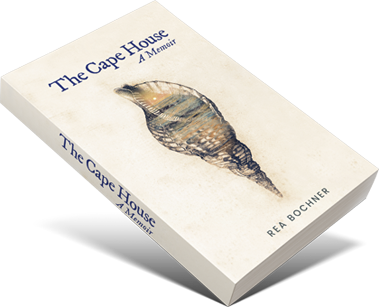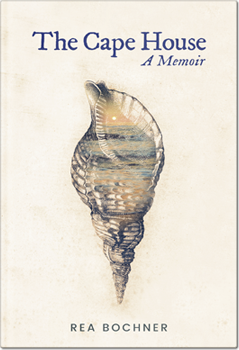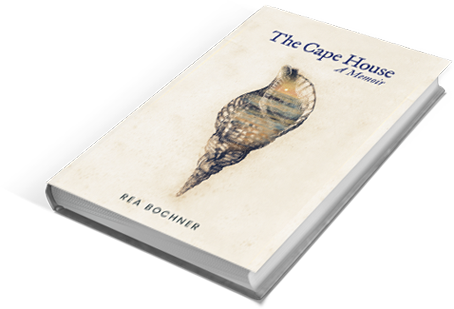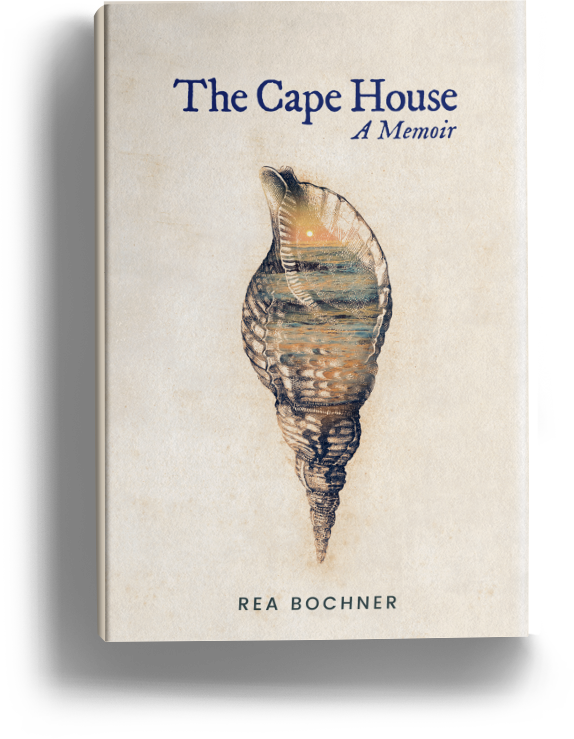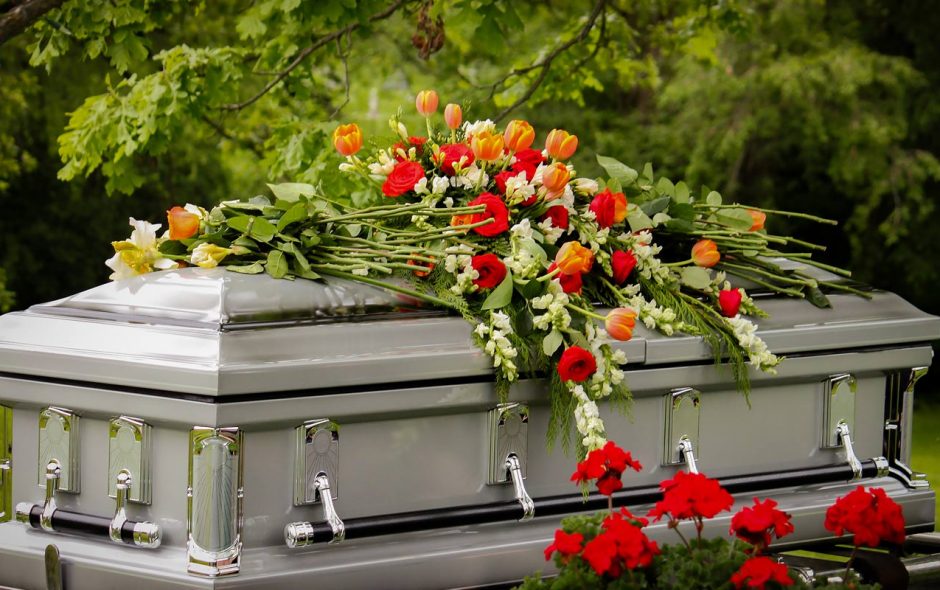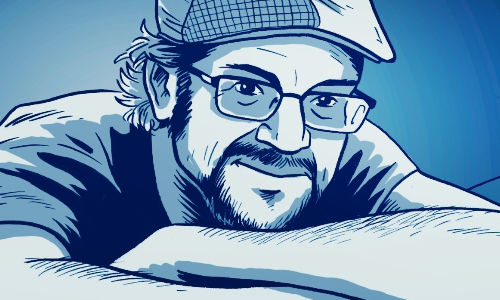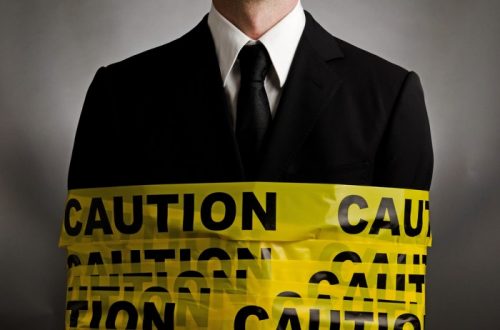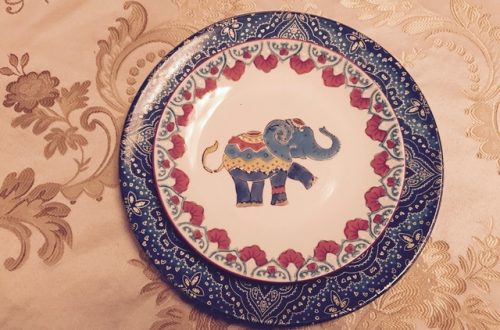My friend Steve died last week.
He was an older compulsive overeater I knew from my meetings, who always had wisdom to share. Week after week, he said that he was abstinent and maintaining a 100-pound weight loss for over 20 years. Even when he was in the hospital with various health issues, Steve talked about how recovery was his first priority and he always came home with his abstinence intact. Any addict will tell you how inspiring the old-timers are; they’re the evidence that it’s possible to recover from addiction – and stay that way. It was something I always appreciated about Steve.
In some ways, I knew more about him than perhaps some of his closest friends did, but I don’t think we ever exchanged more than a “Good to see you” when the meeting was over. And yet, when I heard that Steve died, I felt a genuine loss. Just by staying the course, he had given me so much. (That’s the thing about recovery from addiction; it’s a healing process that begins inside the soul of an addict and emanates outward, to literally every person they have and ever will know.) My meetings would not be the same without him sitting in slim jeans and a windbreaker, speaking through the curtain of his salt-and-pepper beard. Steve had shown me what it looked like to live in recovery for the long haul, and for that I would always be grateful.
So when a call went out for people to act as his shomeret, I said yes right away. Jewish custom dictates that from the moment a person dies until they are buried, the body should never be left alone. A shomer, or guard, sits with them, traditionally reciting psalms in the merit of the departed soul. It was something I’d never done before and a prospect that filled me with trepidation – dead bodies and such – but almost without thinking, I called the funeral home and arranged to come in the following morning.
It was, of course, a Friday morning – the busiest of my week. Aside from the daily to-do list, on Fridays I have to prepare for Shabbos, which means pre-cooking dinner for that evening and lunch for the next day. I was also having guests, which meant I couldn’t just throw a tray of chicken at them, but make something semi-presentable. I had to shop for my son’s eighth birthday party, which I would be manning solo because my husband was chairing the synagogue dinner and would be gone all day. It was also cold and raining, which makes me hate life. I was tempted to use all of these excuses to back out of my shomer commitment, especially when I thought about what I’d actually committed to do: Hang out with a dead guy for an hour? Was I nuts?
But I couldn’t bring myself to cancel. It was the least I could do for Steve, who had supported me in my recovery just by living his. So off I went.
At the funeral home, I learned that I wouldn’t be sitting with Steve in the same room, but in an office adjacent to the casket (“Because of procedures with the body”). A few times, as funeral home personnel slipped through the door, I glimpsed the tail end of the dark pine box, smooth and gleaming like freshly resurfaced ice. It was much less fearsome than if I’d been sitting beside a sheet-covered body on a slab, but the presence of death was as palpable as a companion sitting in the office chair beside me.
I focused on reciting Psalms, lingering over the Hebrew words and their English translation. They fell on my heart, as they magically tend to do, like a balm: And God shall be a fortress for the crushed, a fortress for times of distress…I thought about Steve, and how he served as testimony to the truth of that statement. But I also thought about the gentlemen who came and went through the office, smiling apologetically and offering me something to drink, and the busy office workers I heard answering phones and discussing the traffic on Haddonfield-Berlin Road. I wondered how it was that they could work in the presence of death, day in and day out, as if it were business as usual.
As one of them, a Richard-Jenkins lookalike named Dennis, came in from the room with Steve’s casket, curiosity got the best of me. I stopped him and asked, “Is it difficult?”
He was thoughtful. “You can separate yourself when you do the paperwork, or when you’re in the back doing an embalming. But then the families come in and you remember that this is a loss.”
“Does it ever get to you?”
“Sometimes,” Dennis replied. “With loss, you think you’re okay for a while, and then you get a call; the babies, the kids. A friend of mine had a son who died of leukemia. He was ten, twelve. And when I went to pick him up…” He shook his head at the memory.
“So what do you do?” I asked.
“You do it with tears in your eyes.”
I was astonished. “Really?”
“Yeah. You just cry while you do it.”
I found that strangely comforting. “And what about the families? How do you deal with their loss?”
“It reminds me of mine,” replied Dennis. “My mother died at 69 years old – this was 20 years ago – and I remember thinking, ‘I could live longer than she did.'”
I told him I could relate, that when my mother and I talked about how I would likely live longer than her 55 years, I said, On my 56th birthday, I’ll have a cupcake for you.
At that, Dennis’s eyes grew red and wet with tears. My own eyes dampened in response. We smiled sadly at each other for a moment in silent kinship and understanding.
The moment stayed with me after Dennis left to attend to a funeral and I returned to my psalms. I realized that I had his gig all wrong. Although the job might border on the macabre at times, it was also a unique opportunity to bear witness and lend support to people at the most vulnerable moments of their lives. It was service in the weightiest sense of the word. And as a byproduct, there were moments like the one we’d had, where grief is made bearable, even tender, because it is shared.
I ended my hour as a shomeret by reciting Psalm 20, which I’d said seven times every day while my mother was sick as a segulah, or a good luck charm, to bring about her full recovery. May Hashem answer you on the day of distress; may the Name of the God of Jacob fortify you. May He send your help from the Sanctuary, and support you from Zion. The psalm hadn’t worked the way I’d hoped when I said it nine years ago for my mother, but it did that day in the funeral home. I’d been sent as a “help” for Steve, but when I walked in that morning, I hadn’t known that I would need help myself. I felt now that the questions I’d carried in with me had been answered, and help sent my way.
And then I left my friend Steve, certain that he was in good hands.
